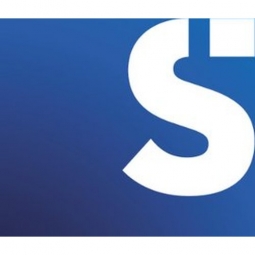Shippeo
Case Studies
Prysmian: Building Customer-Centric Supply Chains with IoT
Overview
 |
Prysmian: Building Customer-Centric Supply Chains with IoTShippeo |
Analytics & Modeling - Real Time Analytics Functional Applications - Inventory Management Systems | |
Telecommunications Transportation | |
Logistics & Transportation Warehouse & Inventory Management | |
Inventory Management Supply Chain Visibility | |
System Integration | |
Operational Impact
| The implementation of Shippeo’s real-time transportation visibility platform has resulted in significant operational improvements for Prysmian. The platform has enabled Prysmian to become increasingly service oriented, providing real-time information about deliveries and ETAs, and automatically sending updates to all relevant stakeholders. This has saved staff considerable time, allowing them to focus on their core responsibilities. The objective data collected on the movement of shipments has also played a key role in aiding tightly controlled production planning processes and contract discussions with freight forwarders. The ability to easily see the status of their incoming deliveries is a great value-add for customers, while helping to differentiate Prysmian’s offering. The integration with SAP has allowed for more automated processes and a more robust and useful solution compared with the EDI-based system they used in the past. | |
Quantitative Benefit
| Improved sell-through rate | |
| Increased NPS / Customer loyalty | |
| Reduced customer inquiries | |


